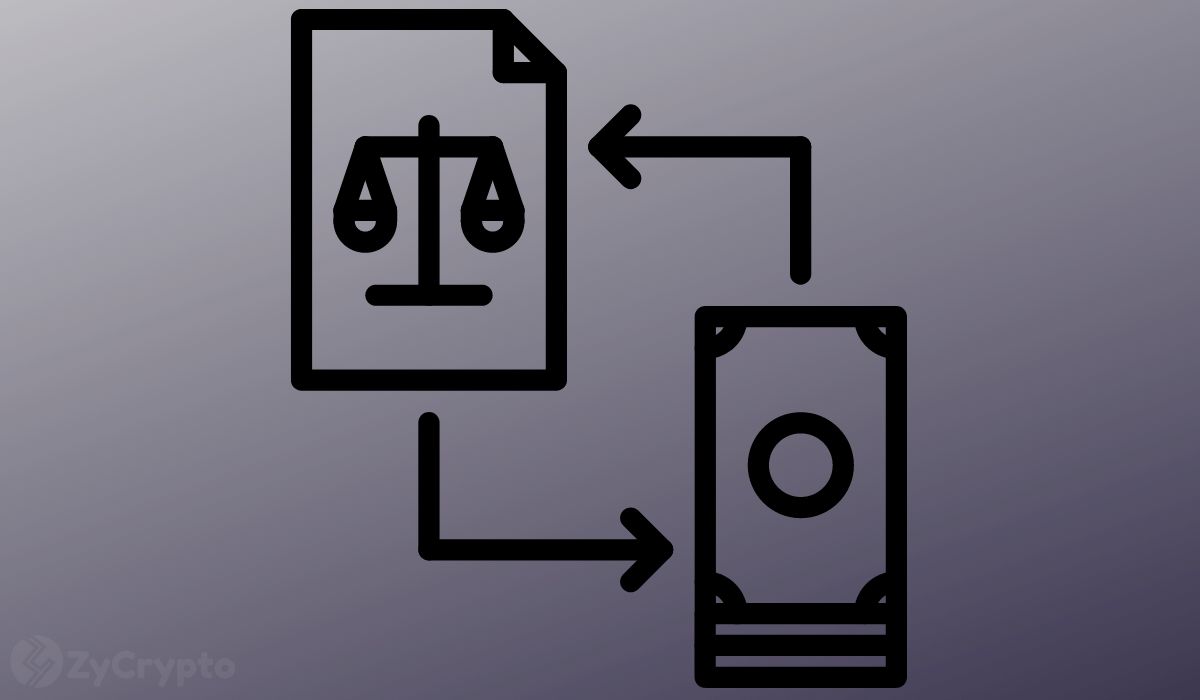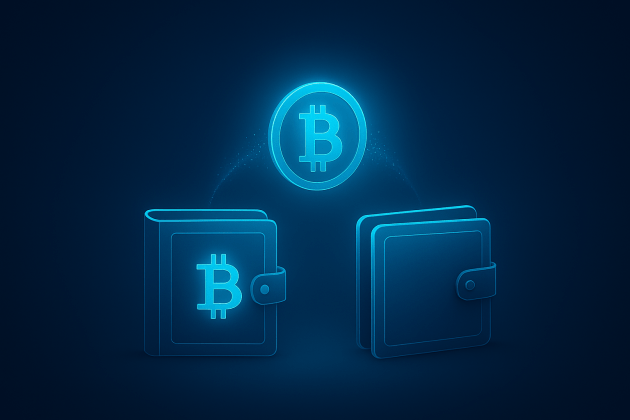Bitcoin keeps flourishing despite the current strain in the United States financial system. The traditional finance space, most especially the US economy, is enduring mounting pressure as a result of debt, inflation, and waning trust.
Despite the US economy’s global dominance, there are emerging pointers of a crack in recent years. Although inflation has so far moderated from the all-time high of 2022, it remains a persistent threat to consumer purchasing power.
In reaction, the Federal Reserve launched a hawkish campaign that aggressively hiked interest rates. While the approach has helped cool down the ravaging inflation, it still places huge pressure on local banks and the credit market in the country.
The US national debt now stands above $31 trillion, leaving investors with serious questions surrounding the long-term sustainability of the dollar’s global dominance. Furthermore, the collapse of renowned banks like Silicon Valley Bank (SVB) and Signature Bank in 2023 points to how the US economy is growing vulnerable to pressure.
However, the swift intervention from the government isn’t enough to rebuild public confidence. Investors and savers alike are wary of the potential contagion, leading to the rise of alternative investment opportunities like Bitcoin.
Amidst this chaos, the premier cryptocurrency is once again under the spotlight as a potential haven. To an extent, the increasing trust in Bitcoin underlines how it has matured from a speculative bet for tech-savvy investors to a strong hedge in a struggling financial system.
This issue has reignited a key debate: is Bitcoin finally stepping into the role it was designed for?
Why Bitcoin is destined to flourish despite the US financial crisis
Bitcoin’s core ideology emanated from the ashes of the 2008 financial crisis, a period where the US government printed excessive money. Then, the anonymous developer of the Bitcoin, Satoshi Nakamoto designed the digital asset as a direct response to the lapses of the traditional banking system.
Take for instance how Nakatomo embedded the now infamous message in Bitcoin’s inaugural block, referencing a newspaper headline “The Times 03/Jan/2009 Chancellor on brink of second bailout for banks.”
To an extent, the symbolic message indicates how Bitcoin initially focuses on serving as an alternative to a system ravaged by debts and bailout. Today, the echoes of the 2008 crisis are yielding once again as investors are tapping into the decentralized posture of Bitcoin which ensures its independence from governments.
Unlike the US dollar which is another fiat, BTC ($110,139.00) cannot be inflated by regulators. Its transparent and algorithmically controlled issuance contrasts sharply with the opaque mechanisms of traditional finance.
The current economic climate in the US further accelerated corporate interest in Bitcoin. Major financial players such as BlackRock, Fidelity, and VanEck have launched spot Bitcoin exchange-traded funds and other related investment products. This move indicates the acceptance of BTC as a legitimate asset class rather than a speculative one.
These offerings made Bitcoin more accessible to mainstream investors. Also, aside from institutional interests, corporate sentiment toward BTC has shifted. As the value of the dollar weakens and interest rates erode bond and savings yields, more Americans are considering digital assets as part of their diversified portfolio.
Interestingly, the younger generation who are more tech-savvy and less trusting of traditional banks. Bitcoin’s borderless and resistance to excess control have made it attractive not only as an investment option but also as a symbol of financial sovereignty.
Parting words
The US financial issue has exposed deep vulnerabilities in the global monetary order. Whether it’s inflation, rising debt, or failing banks, these issues echo the very reasons that led to the creation of Bitcoin.
As confidence in traditional systems falters, Bitcoin’s decentralized and deflationary nature continues to shine brighter. Further, historic market data supports the narrative that the US’s financial instability doesn’t affect Bitcoin, instead, it supports it to soar forward.
By that, the financial crisis may not be a setback for Bitcoin at all, but rather, the perfect storm for its next major breakout. Currently, Bitcoin is only building the momentum that’ll support it flourish for many years to come.
The issues central systems are enduring only points to the risks attached to them. On a daily basis, the advancement of blockchain innovations and their growing adoption further solidify Bitcoin’s credibility as an alternative asset class.
While it is too early to label BTC as a replacement for the US dollar, the apex cryptocurrency can function as a countermeasure to the setbacks of traditional finance. Above all, the persisting issues that rocked the US economy isn’t just testing the resilience of Bitcoin but could also kick-start the beginning of a new global trend.
Read More :
- Is Binance outage a big reminder of “not your keys, not your coins”
- Can Bitcoin truly become the digital Gold?
- Is Russia truly leveraging crypto to evade Western sanctions?
The post Is the US financial crisis giving Bitcoin more room to flourish? appeared first on BinBits.


























 24h Most Popular
24h Most Popular








 Utilities
Utilities